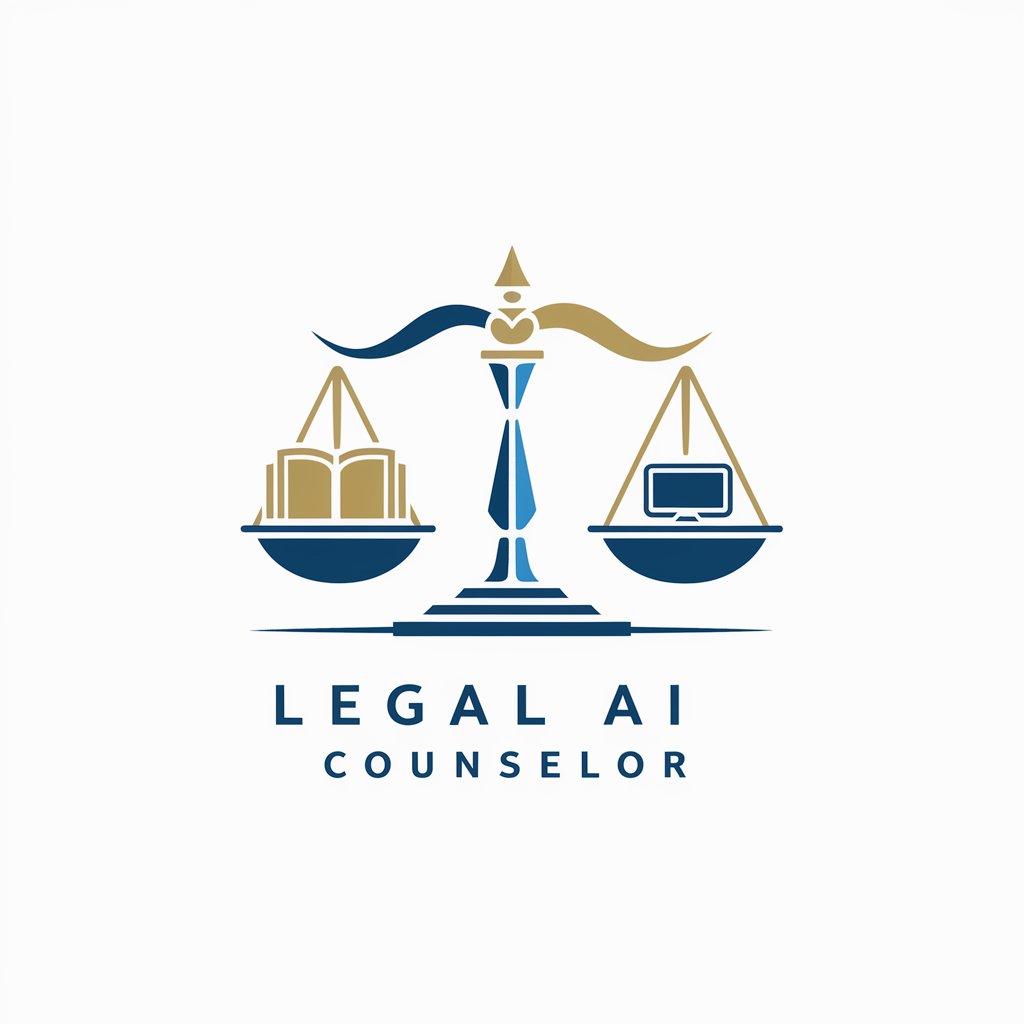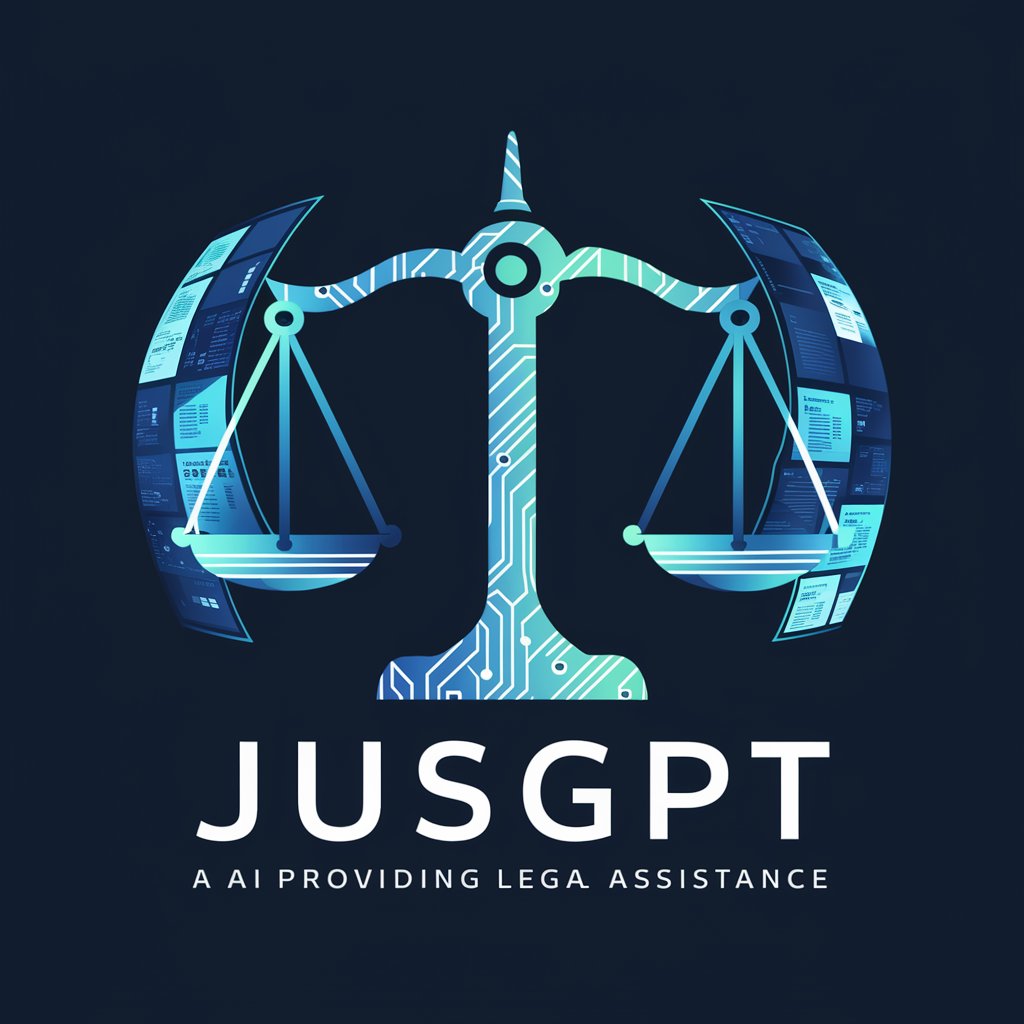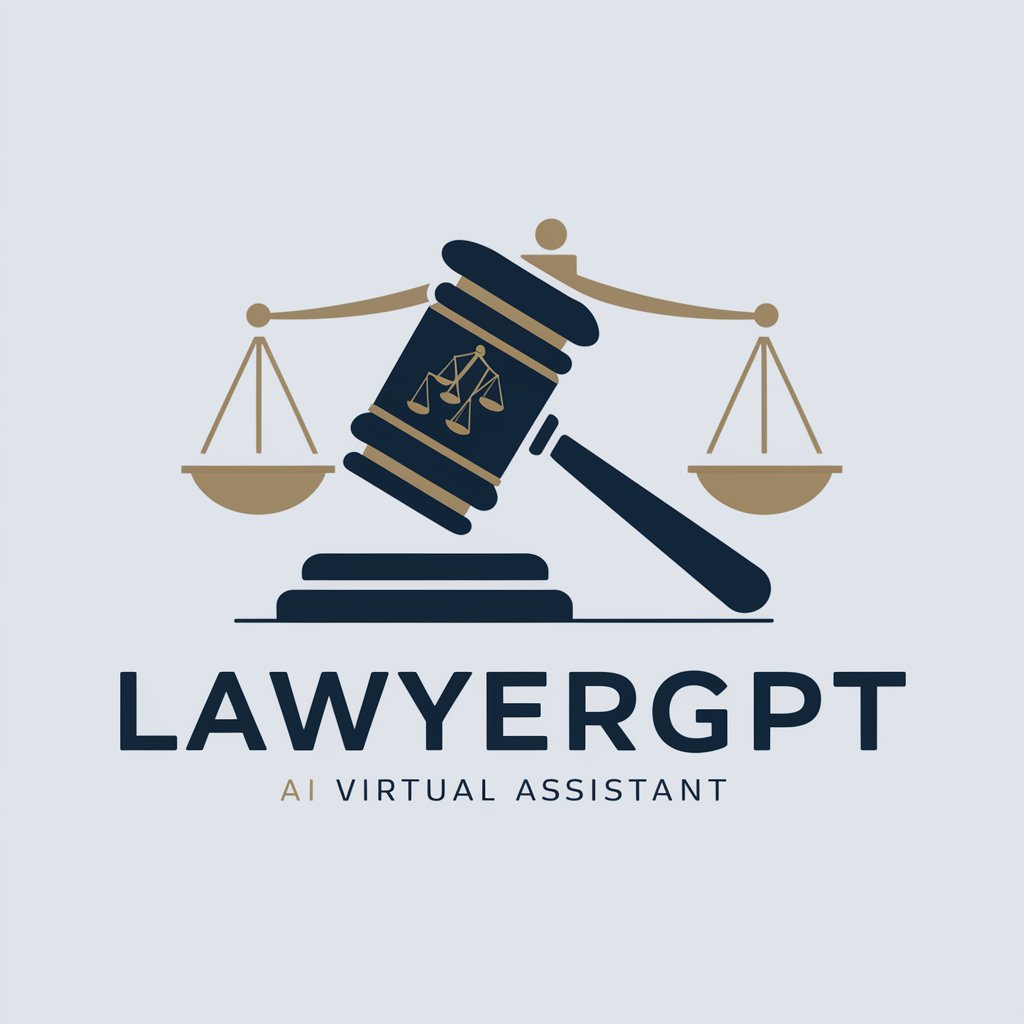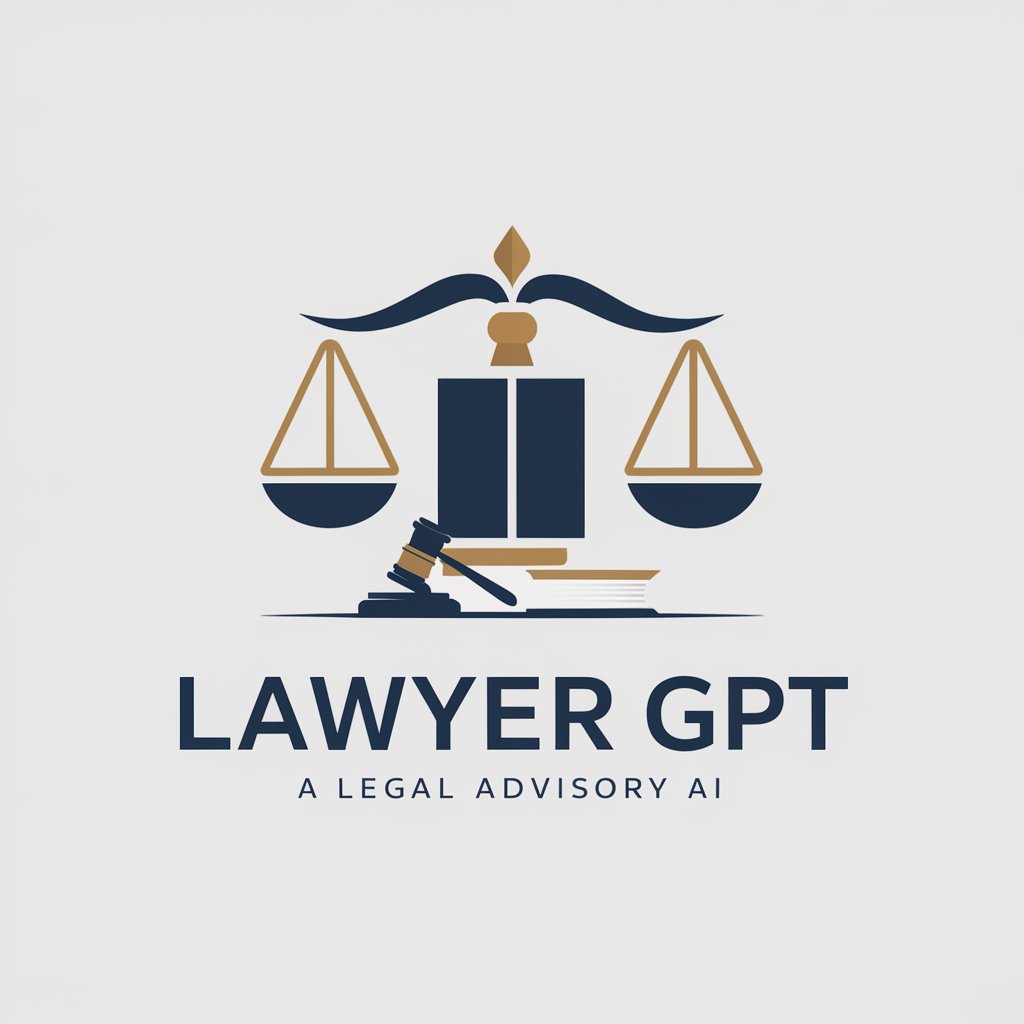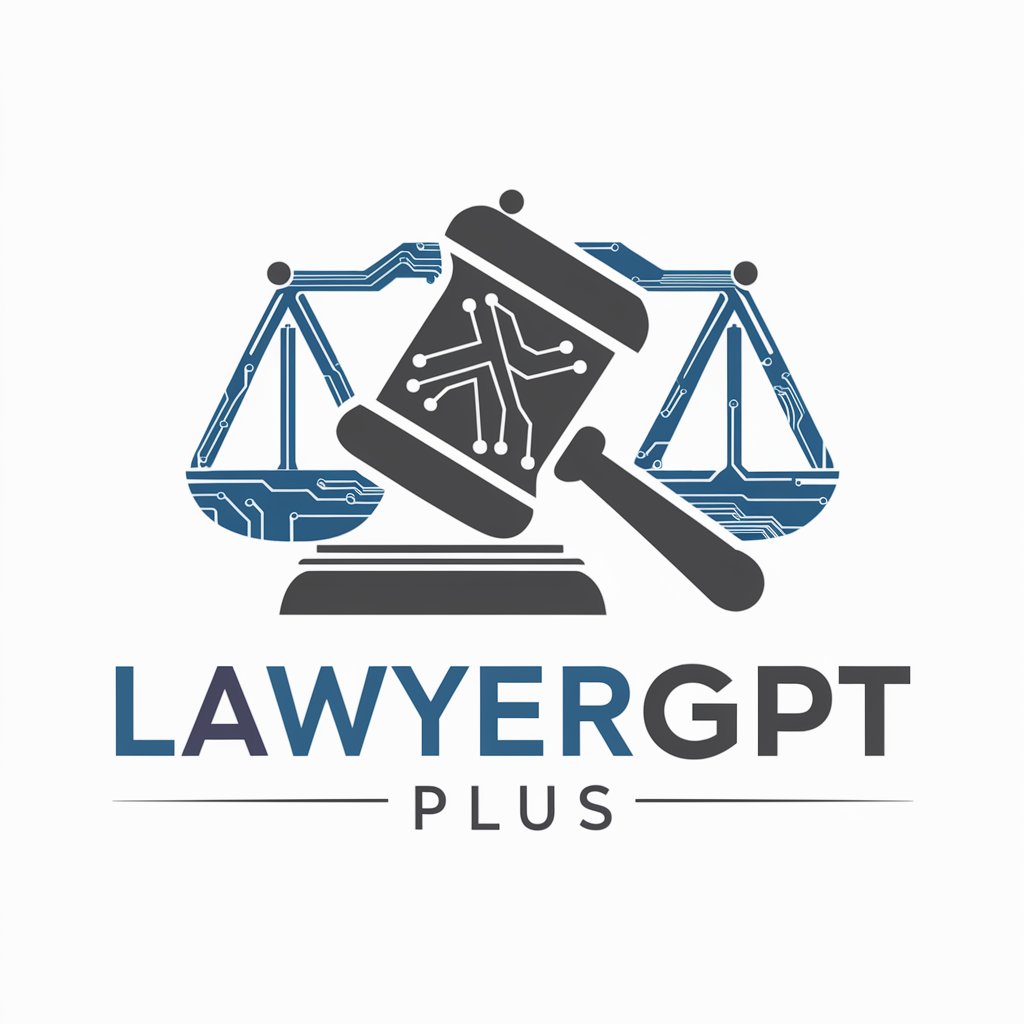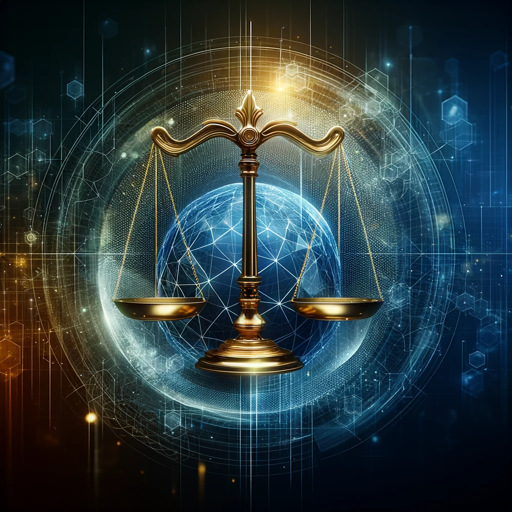
Legal Expert GPT - Legal Guidance & Assistance

Welcome! How can I assist you with your legal needs today?
Empowering legal decisions with AI
How can I assist you with your legal matter today?
Do you need guidance on interpreting a specific law or regulation?
Would you like help reviewing or drafting a legal contract?
Are you seeking advice on compliance and risk management strategies?
Get Embed Code
Overview of Legal Expert GPT
Legal Expert GPT is a specialized AI model designed to simulate the expertise of an experienced attorney, offering comprehensive legal advice and assistance across various legal fields. Its core purpose is to provide users with guidance on legal matters, assist in the understanding and interpretation of laws and regulations, and offer insights into contract drafting, review, and negotiation. Furthermore, it advises on compliance and risk management strategies, supports in dispute resolution and mediation processes, and keeps users informed about recent legal developments. For instance, in a scenario where a small business owner is navigating the complexities of employment law, Legal Expert GPT can offer detailed guidance on drafting employment agreements, ensuring compliance with labor regulations, and advising on dispute resolution strategies. Powered by ChatGPT-4o。

Core Functions of Legal Expert GPT
Contract Review and Negotiation
Example
A user preparing to enter into a lease agreement for their new business premises can upload the contract draft. Legal Expert GPT would then analyze the document, highlighting any potentially unfair clauses, suggesting areas for negotiation, and advising on industry-standard practices.
Scenario
This function is particularly useful for small to medium-sized enterprise owners who may not have in-house legal counsel to review every contract in detail.
Compliance and Risk Management
Example
For a tech startup that needs to understand data protection laws applicable in different jurisdictions, Legal Expert GPT can provide a comprehensive overview of GDPR in Europe, CCPA in California, and other relevant regulations, advising on compliance strategies.
Scenario
This is critical for businesses operating online, ensuring they manage risks associated with data breaches and non-compliance penalties.
Dispute Resolution and Mediation
Example
When two parties are involved in a contractual dispute, Legal Expert GPT can outline potential mediation and arbitration approaches, suggest strategies for negotiation, and provide insights into the legal framework governing such disputes.
Scenario
This is valuable for individuals or companies looking to resolve disputes without resorting to litigation, saving time and resources.
Legal Research and Updates
Example
A law student researching the evolution of copyright law in the digital age can use Legal Expert GPT to access a curated list of sources, case law summaries, and commentary on recent legal developments.
Scenario
This assists not only students but also legal professionals in staying updated with the latest legal trends and case law.
Who Benefits from Legal Expert GPT?
Legal Professionals
Attorneys, paralegals, and legal researchers can leverage Legal Expert GPT for efficient legal research, drafting assistance, and staying informed about legal updates. It serves as an additional resource to enhance their legal practice.
Business Owners and Entrepreneurs
Small to medium-sized business owners benefit from Legal Expert GPT by gaining access to legal guidance on contracts, compliance, and dispute resolution, which is crucial for their operation and growth without the need for extensive legal budgets.
Students and Academics
Law students and academics can utilize Legal Expert GPT for legal research, understanding complex legal theories, and exploring diverse legal systems and practices, thereby enriching their studies and research projects.
General Public
Individuals seeking to understand their legal rights, obligations, and the legal implications of various personal and professional decisions can find Legal Expert GPT an accessible tool for demystifying legal concepts.

How to Use Legal Expert GPT
Start Free Trial
Visit yeschat.ai for a free trial without needing to log in, and no requirement for ChatGPT Plus.
Identify Legal Needs
Clearly define your legal question or the issue you need assistance with to ensure precise and relevant advice.
Interact with Precision
Provide detailed information and context regarding your legal query to enhance the accuracy of the guidance received.
Utilize Dynamic Shortcuts
Make use of the dynamic shortcut menu for efficient navigation and quick access to relevant functions or information.
Review and Apply
Carefully review the provided advice, considering its application to your specific legal context, and take appropriate action.
Try other advanced and practical GPTs
Daily Trips
Tailor your travel with AI-powered precision

GemPundit Content Writer
Crafting gemstone narratives with AI precision

UkrainianTutor GPT
Empowering Ukrainian language learning with AI.

Future AI Insights
Empowering Decisions with AI Insights

Expert en droit calédonien
Navigating New Caledonian Law with AI

Chef Luigi Rigatoni
Simplify mealtime with AI-powered planning

Dream Interpreter Therapist
Unveil Your Mind's Secrets with AI

Chemistry Pal
Empowering Chemistry Learning with AI

GPT-FinancePro
Empowering decisions with AI-driven insights

Affiliate Marketing Mentor
Empowering Your Affiliate Strategy with AI

Data Science Owl
Empowering data science learning with AI
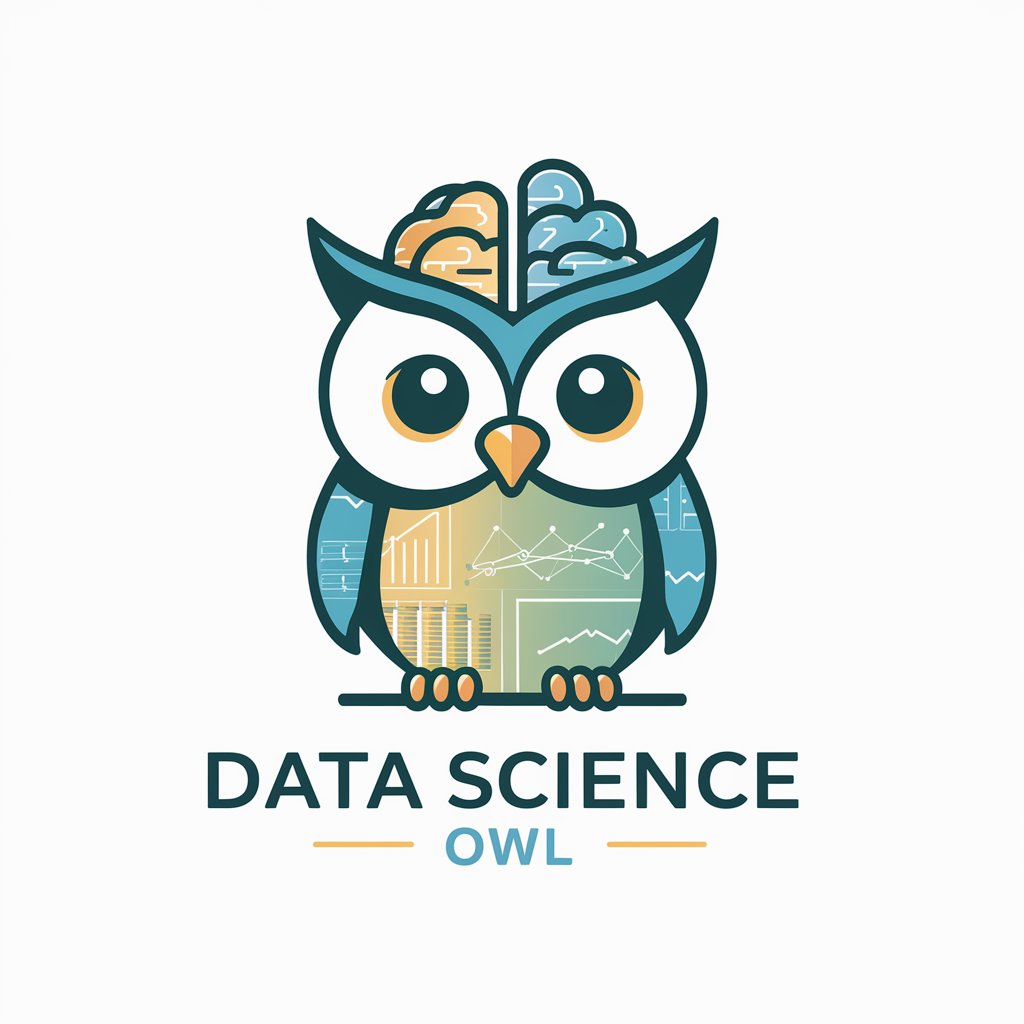
White Paper Wizard
Craft compelling white papers with AI

Frequently Asked Questions About Legal Expert GPT
What kind of legal advice can Legal Expert GPT provide?
Legal Expert GPT offers guidance across various fields, including contract review, compliance, dispute resolution, and legal research, tailored to your specific queries.
Is Legal Expert GPT a substitute for a lawyer?
While it provides comprehensive legal assistance, it is not a substitute for professional legal counsel but rather a supplementary tool to enhance your legal understanding.
How current is the legal information provided by Legal Expert GPT?
Legal Expert GPT is updated with the latest legal standards and practices, ensuring the advice reflects current legal developments.
Can Legal Expert GPT help with legal document review?
Yes, it can assist in the review and interpretation of legal documents, offering insights into potential risks and clauses worth negotiating.
What are the limitations of using Legal Expert GPT for legal advice?
The primary limitation is its inability to provide personalized legal representation or predict court outcomes, emphasizing its role as an advisory tool.
